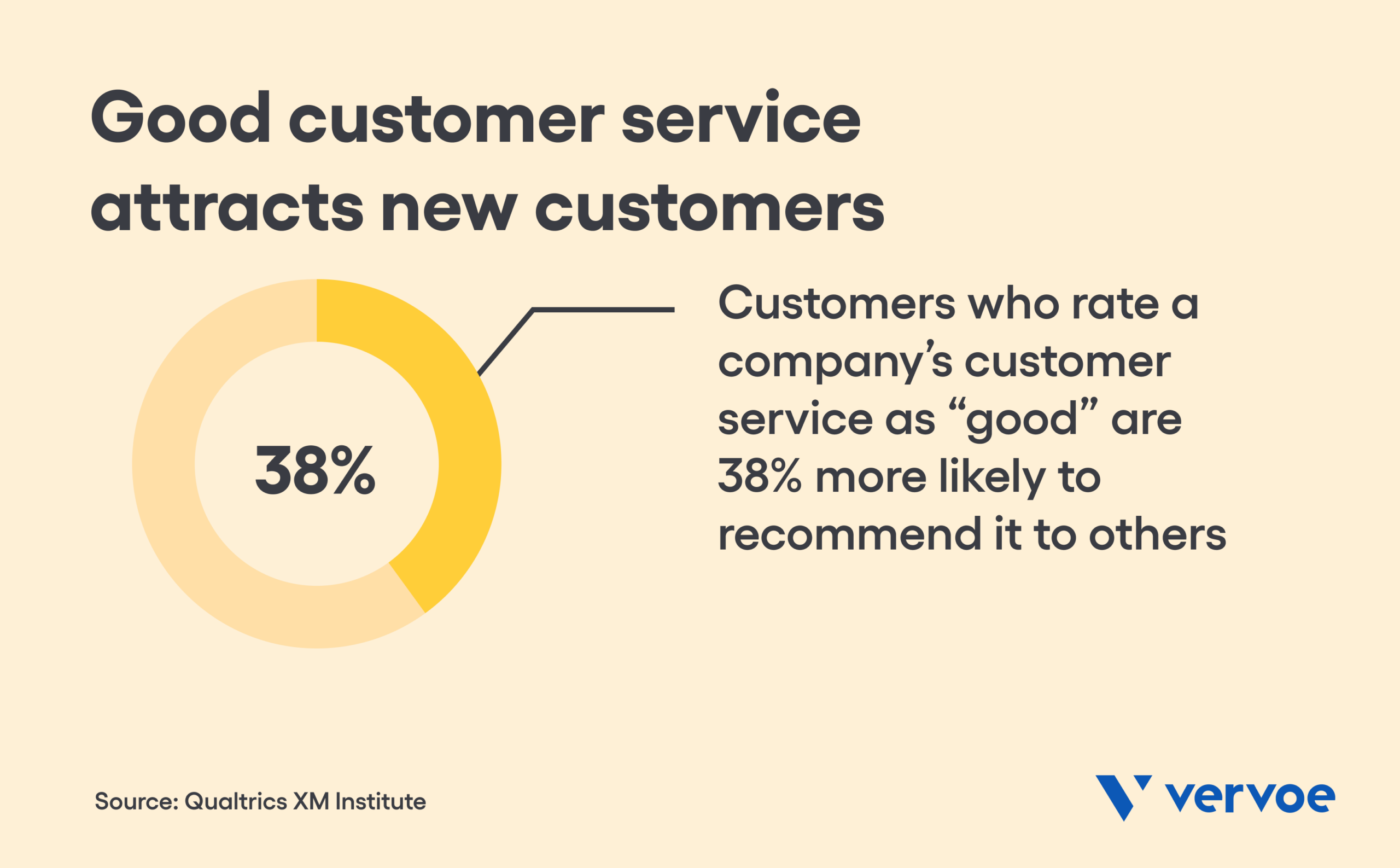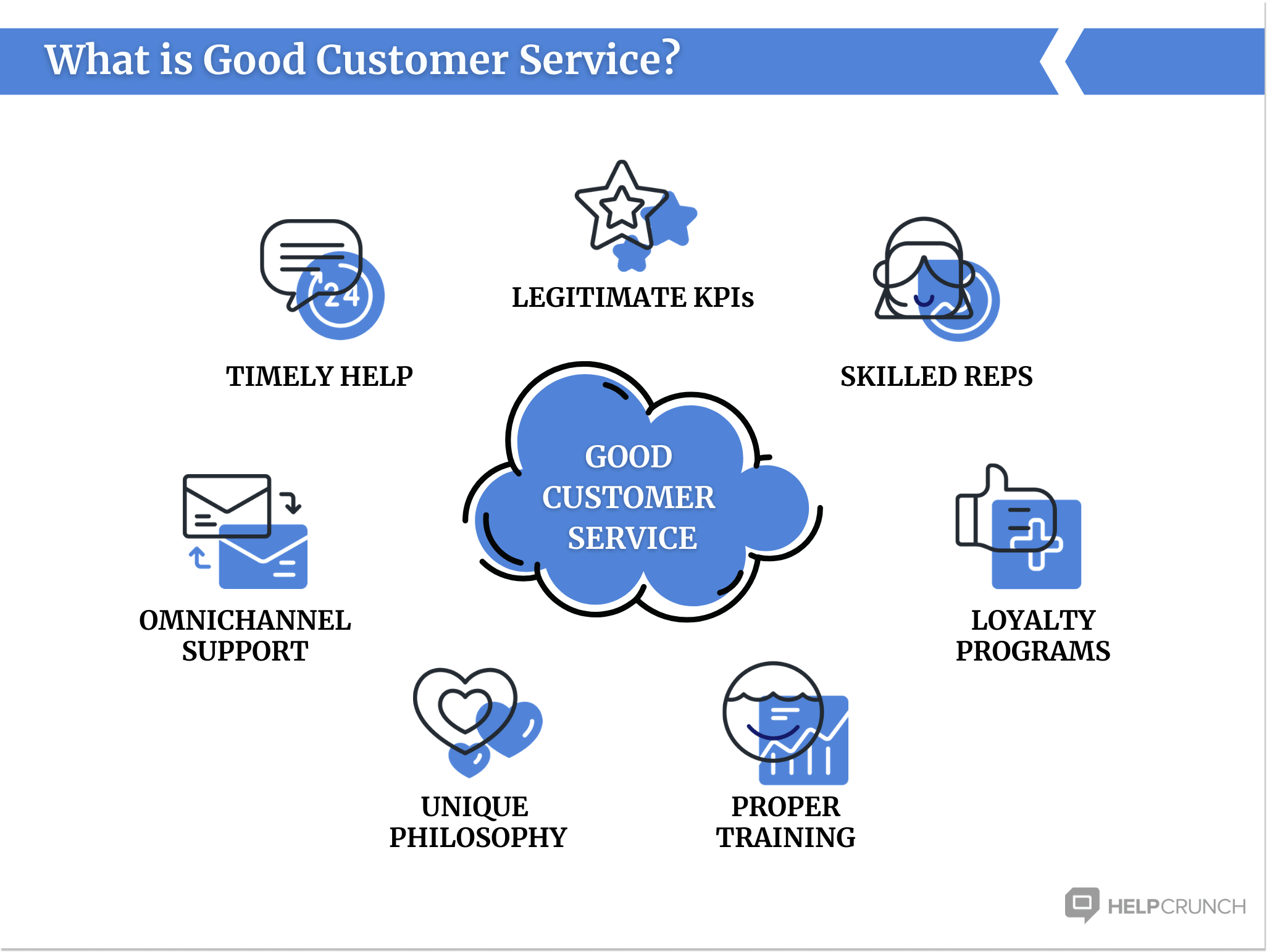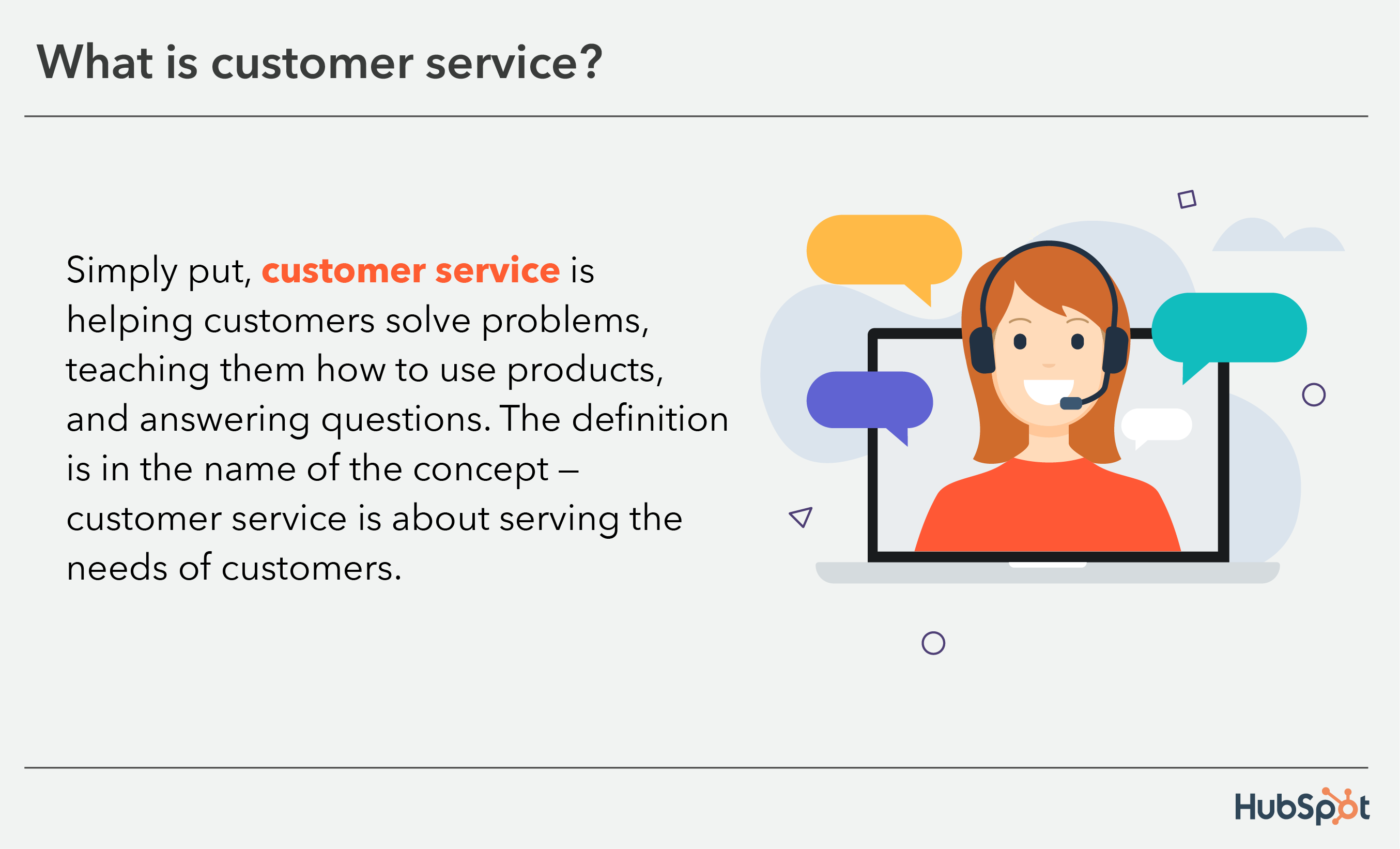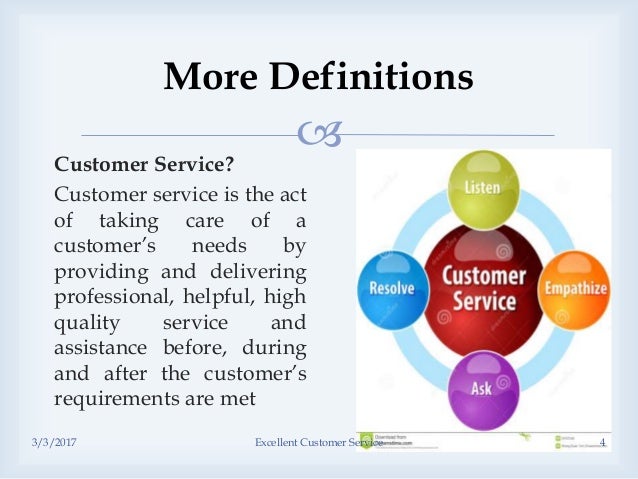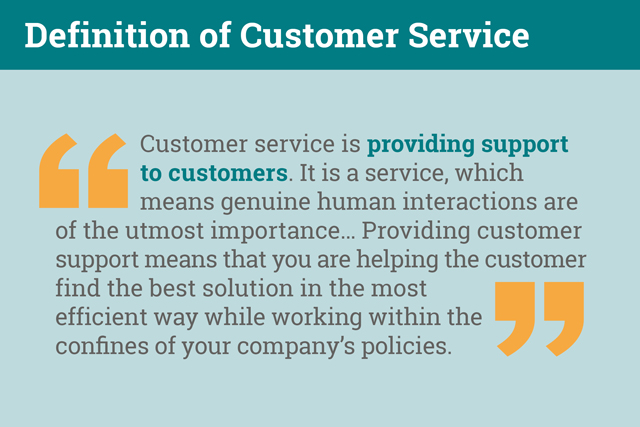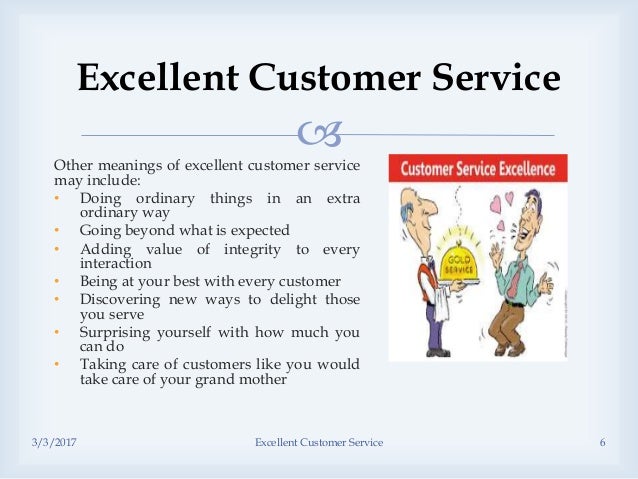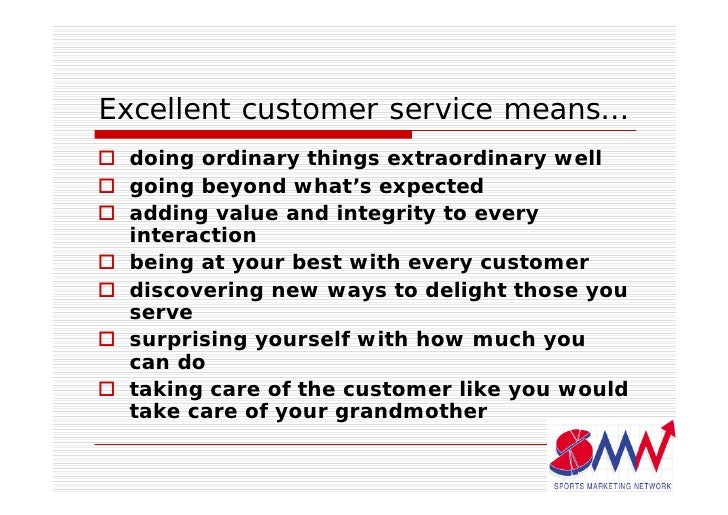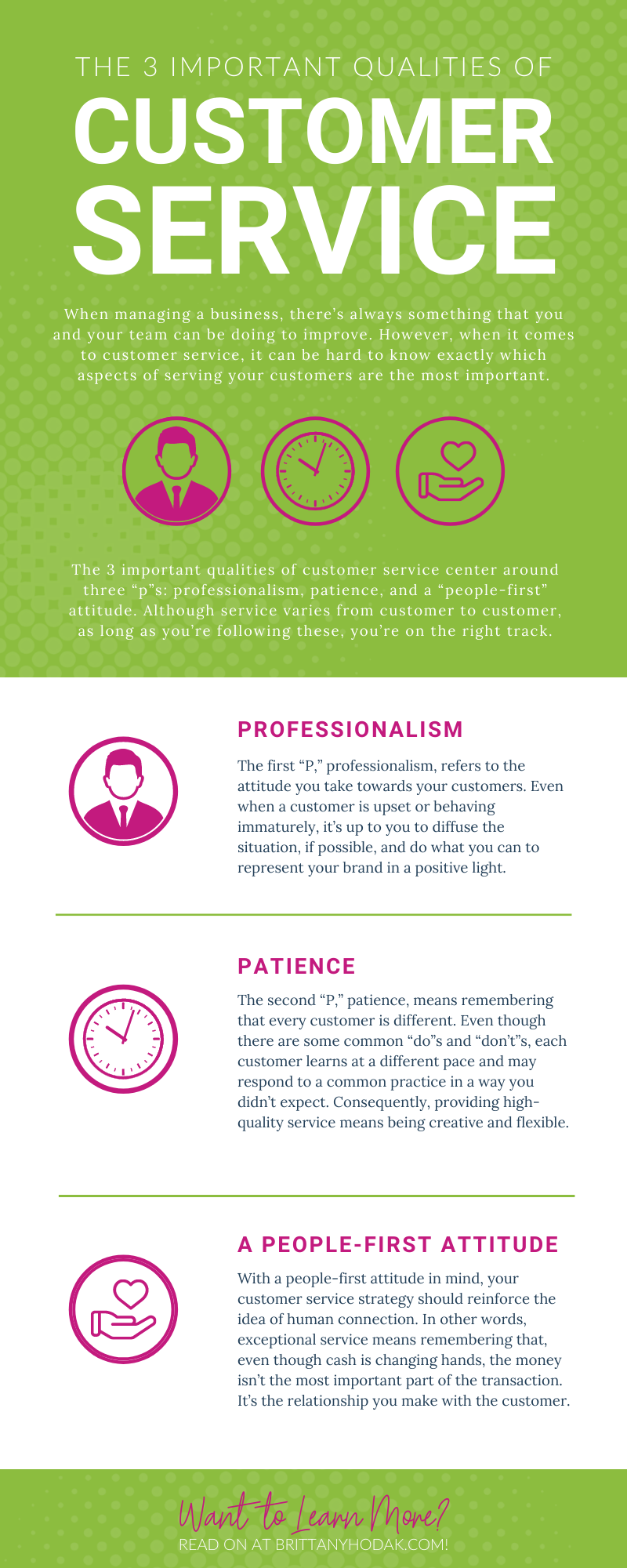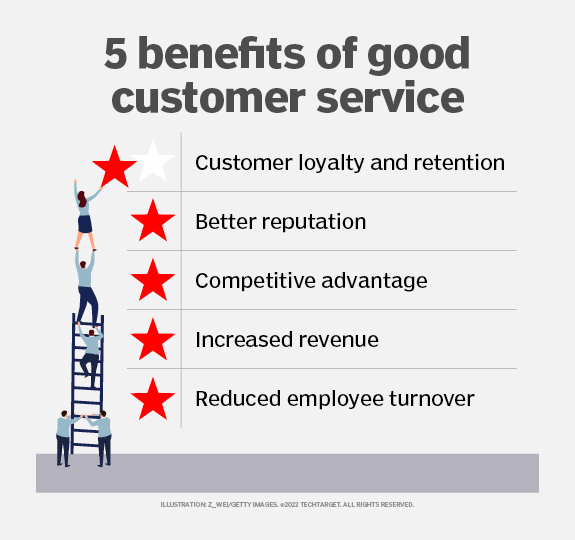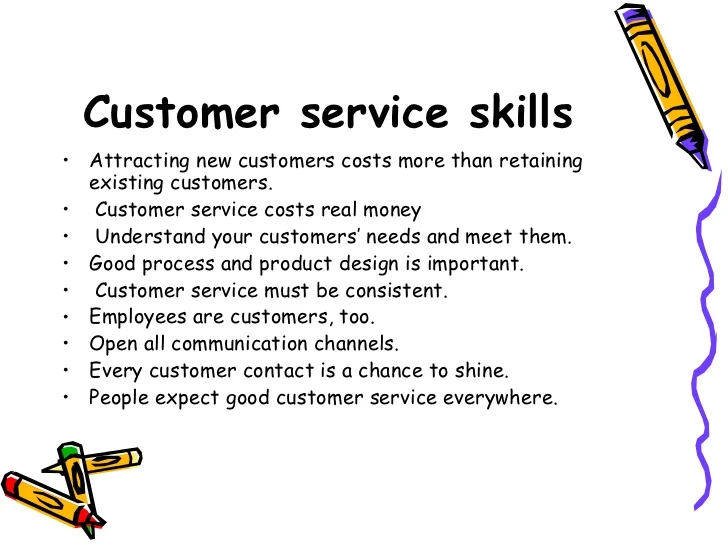Description Of Good Customer Service
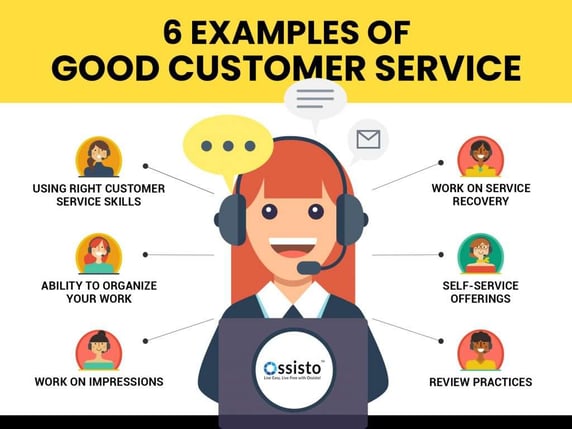
Customer service is in crisis. Reports of frustrating experiences are flooding social media, impacting brand loyalty and driving consumers to competitors.
This article dissects what constitutes good customer service in today's demanding landscape, examining key elements that differentiate exceptional interactions from detrimental ones. We'll explore the 'who,' 'what,' 'where,' 'when,' 'why,' and 'how' of superior support, offering actionable insights for businesses struggling to meet customer expectations.
The Core Elements of Exceptional Service
Good customer service starts with empathy. Understanding and acknowledging a customer's frustration is paramount. This requires active listening and a genuine desire to resolve their issue.
Next, responsiveness is critical. A prompt reply, even if it's just an acknowledgment of the issue, shows the customer they are valued. Delays breed dissatisfaction and fuel negative sentiment.
Efficiency is equally important. Customers want their problems solved quickly and effectively. Long resolution times and unnecessary steps erode trust.
Beyond the Basics: Building Lasting Relationships
Personalization elevates good service to exceptional service. Addressing customers by name and referencing past interactions creates a feeling of individual attention.
According to a recent study by *Accenture*, 91% of consumers are more likely to shop with brands that recognize, remember, and provide them with relevant offers and recommendations.
Furthermore, proactive support can prevent problems before they arise. Anticipating customer needs and offering assistance demonstrates a commitment to their success. This could involve providing tutorials or offering personalized tips.
The 'Who, What, Where, When, Why, and How' of Superior Support
Who: Every employee, from the CEO to the front-line staff, plays a role in delivering exceptional customer service. What: It encompasses all interactions a customer has with a company, from initial inquiries to post-purchase support.
Where: Customer service happens across multiple channels – phone, email, chat, social media, and in-person. When: It's a continuous process, not just when a customer has a problem. It includes building a relationship.
Why: Good customer service leads to increased customer loyalty, positive word-of-mouth referrals, and ultimately, higher profitability. Data from a *HubSpot* report shows that acquiring a new customer is 5 to 25 times more expensive than retaining an existing one.
How: Through training, empowerment, and a customer-centric culture. Companies need to invest in equipping their employees with the tools and knowledge to provide outstanding support.
Examples of Exceptional Service
Zappos is renowned for its exceptional customer service, offering free shipping and returns and a no-hassle return policy. Their representatives are empowered to go above and beyond to meet customer needs.
Ritz-Carlton is another prime example. Employees are given the authority to spend up to $2,000 per guest, per incident, to resolve complaints. This demonstrates a profound commitment to customer satisfaction.
These examples highlight the importance of empowering employees and fostering a culture of customer obsession.
Moving Forward: Embracing a Customer-Centric Approach
Businesses must prioritize customer service and invest in the resources necessary to deliver exceptional experiences. This includes training employees, implementing efficient systems, and actively seeking customer feedback.
Companies should constantly monitor their customer service performance and identify areas for improvement. Regularly surveying customers and analyzing feedback data can provide valuable insights.
The future of business depends on delivering outstanding customer service. Those who fail to adapt will be left behind. Ongoing monitoring and proactive adjustments are critical.
